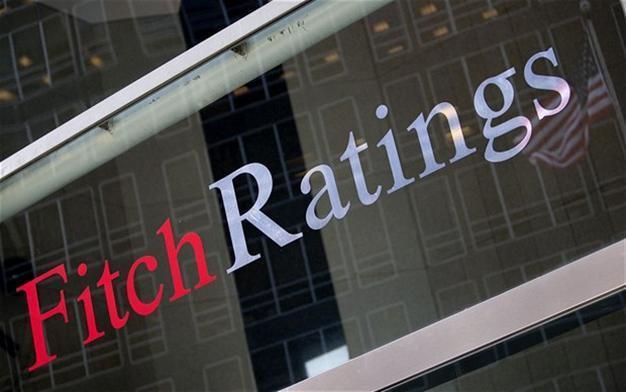Fitch: Risks increase for Turkey’s banks but metrics hold up
LONDON
 Risks for Turkish banks are rising but financial metrics have so far held up well and investment grade ratings are assigned to most of the country’s large lenders, said Fitch Ratings in a written statement on Oct. 30.
Risks for Turkish banks are rising but financial metrics have so far held up well and investment grade ratings are assigned to most of the country’s large lenders, said Fitch Ratings in a written statement on Oct. 30. Still, the sharp fall in value of the lira increases risks for banks’ asset quality, capitalization and foreign currency liquidity positions, it warned.
The lira has tumbled by 26 percent against the dollar this year against the backdrop of political instability, an economic slowdown and in anticipation of a rise in U.S. interest rates.
“We expect banks to take losses on their foreign currency (FC) loans but maturity profiles can be fairly long, meaning that banks will be able to absorb losses over time. We also believe the volume of losses should be manageable, given banks’ margin and capital buffers and the fact that some FC borrowers are reasonably hedged,” it said.
“For now, asset quality indicators are sound with an impaired loans/total loans ratio of 2.9 percent at end-August 2015. Impaired consumer and SME loans are rising, but impairments still represent less than 4 percent of these portfolios. FC consumer lending is prohibited in Turkey and few SMEs have access to FC revenues which means the bulk of them borrow in lira. This is prudent because individuals and SMEs rarely have access to FC-denominated income and revenues,” it added.
Lira depreciation also erodes bank capital ratios because FC assets, inflated when translated into lira, represent a higher multiple of lira-denominated equity, according to Fitch.
Banks in Turkey wishing to open new branches must operate with a 12 percent minimum regulatory capital ratio, meaning that banks still have significant capacity to absorb the direct hit to capital from further moderate depreciation, said Fitch.
“The outcome of upcoming general elections on Nov. 1 will be significant for Turkey’s banks. Continued political uncertainty would be negative but political stability should boost confidence and support growth which would benefit the outlook for banks,” it added.
















